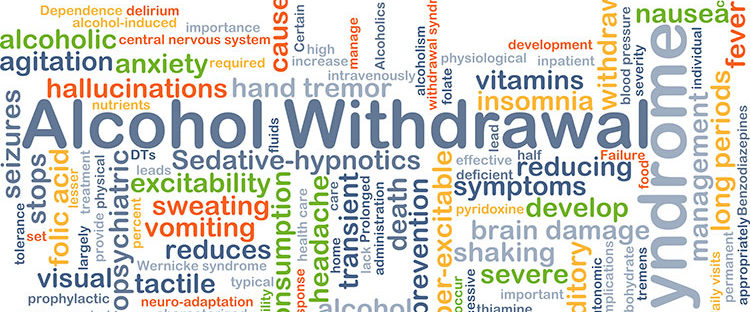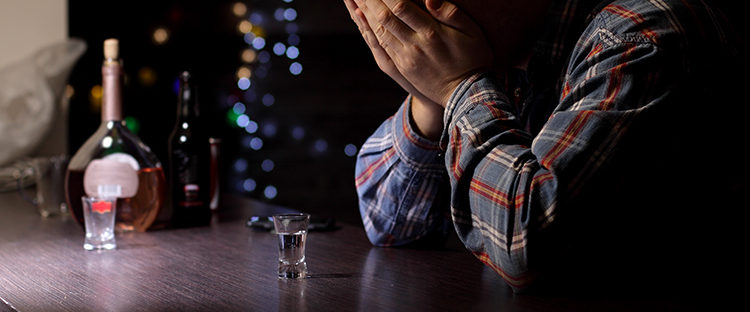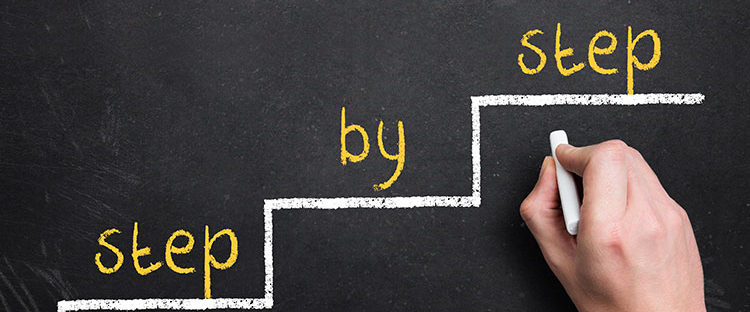The path to living sober can be much different for each individual person. There’s no magic program or exercise – the best way to get sober and stay sober is to find your own path. There may be many similar ways of thinking as far as sobriety goes, however just because one program doesn’t work for you it doesn’t mean you’re doomed. That’s the best part about living in a sober house – you’re able to live with like-minded people and take your own path with the guidance of experienced mentors.
Sober Living Housing vs. Halfway Houses
Sober living, as opposed to a halfway house, is much more directed at people in recovery from addiction, as opposed to criminal activity or mental health. Halfway houses may carry a certain stigma about them, whereas sober houses are generally looked at in a different light.
If you’re looking for the support to solidify your foundation of living sober, you’re much better off finding recovery housing that identifies itself with sober living due to the differences in amenities, programs, structure, and support.
First Step: Getting Clean
Abstaining from drugs and alcohol is just the beginning step on the road to recovery. It’s hugely important, as it’s hard to think clearly and face your feelings / issues while under the influence. You may feel like you’re going in the right direction if you’re going to meetings high, but it’s very unlikely that you will have any success.
Get Moving
Many times when people put down the substances that they have depended on, they feel stuck. Feelings may come up that you haven’t felt in a while due to the constant suppression – perhaps feelings that there is something wrong with you or that you aren’t good enough. Challenging and ultimately changing those beliefs is critical for recovery.
Path to Living Sober
Getting and staying sober is rarely achieved when done alone. Having the support of family, friends, and people that understand exactly what you are going through is critical.
At Tharros House Structured Sober Living in Massachusetts, clients have the best success when they are exposed to many ideas and given the power to choose their own path to recovery. I believe that you need to identify what is meaningful for you in order to direct your own recovery. To learn more about this approach, please visit www.TharrosHouse.com











